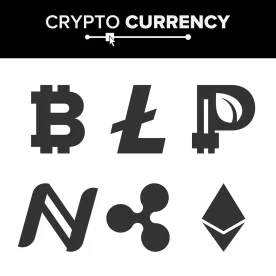On 19 September, the president of the Financial Action Task Force (FATF), Marshall Billingslea, said he is optimistic that at its plenary, due in October 2018, the FATF will agree a series of updated standards. He said: “It is essential that we establish a global set of standards that are applied in a uniform manner”. He said that the task force has accelerated its work and made significant progress on reaching a “consensus across nations” after the G20 requested the organisation tackle the issue as a matter of urgency.
In October 2018, the FATF will discuss which of its existing standards need to be updated to address virtual assets, since its current recommendations do not acknowledge them. It will then revise the methodology it uses to assess how countries implement these standards and when this revised assessment methodology will take effect.
Mr Billingslea, who is also assistant secretary to the US secretary, said currently the adoption of anti-money laundering standards and regimes pertaining to digital assets and virtual currencies is “very much a patchwork quilt or spotty process,” which is “creating significant vulnerabilities for both national and international financial systems”. China and South Korea have regulated the sector, while other countries — including France, Switzerland, Malta and Gibraltar — are putting together regimes for formally policing the space in an attempt to attract fintech business.
Mr Billingslea said there were concerns of an emerging use of virtual currencies by terrorist organisations including Isis, as well as in extortion schemes, such as the WannaCry attacks. Despite the risks associated with digital assets, Mr Billingslea said they also presented “a great opportunity”. In terms of regulation, he said, “you can’t tilt too far in one direction or another” since blockchain, the technology that underpins virtual assets, “will continue to evolve”.




 />i
/>i

